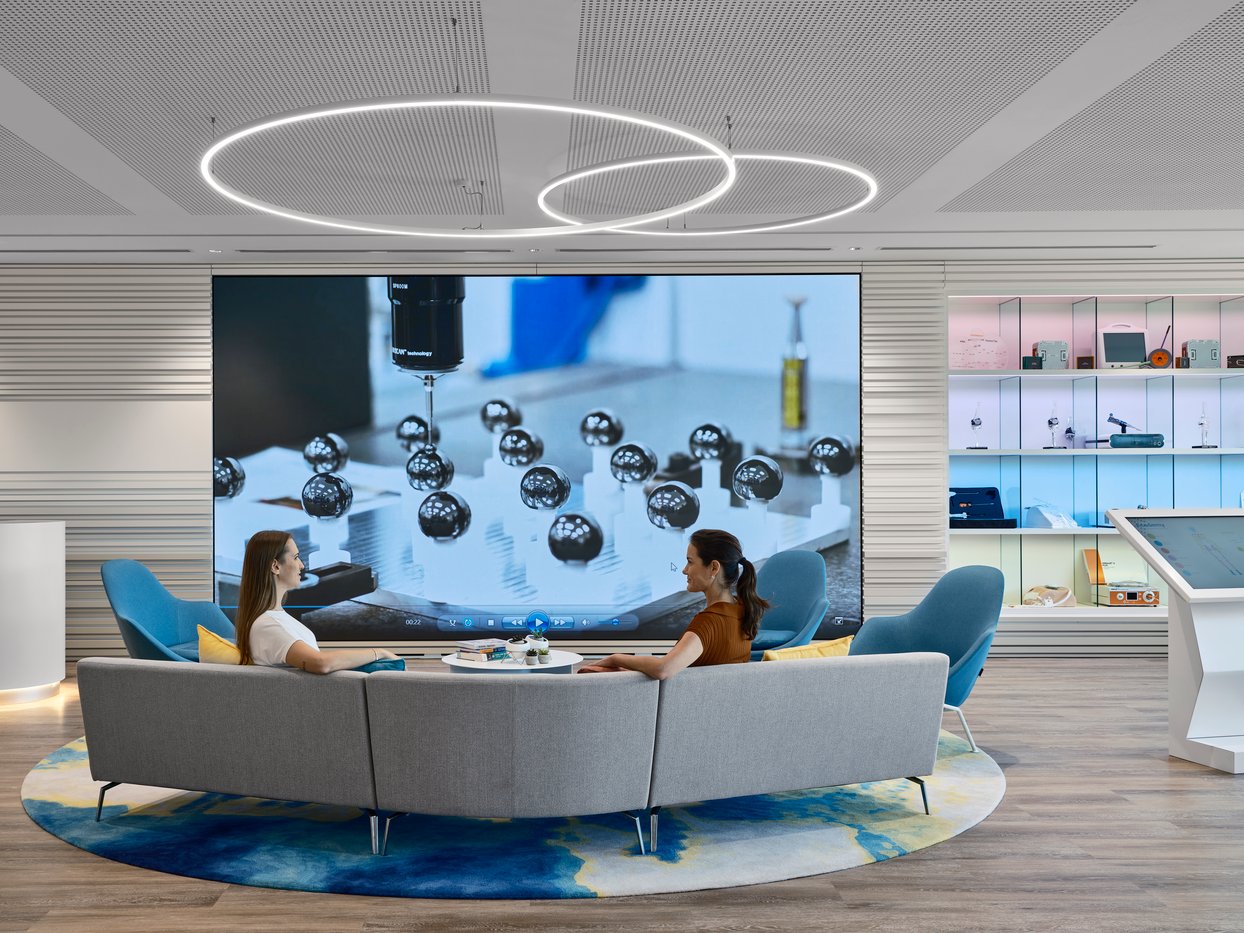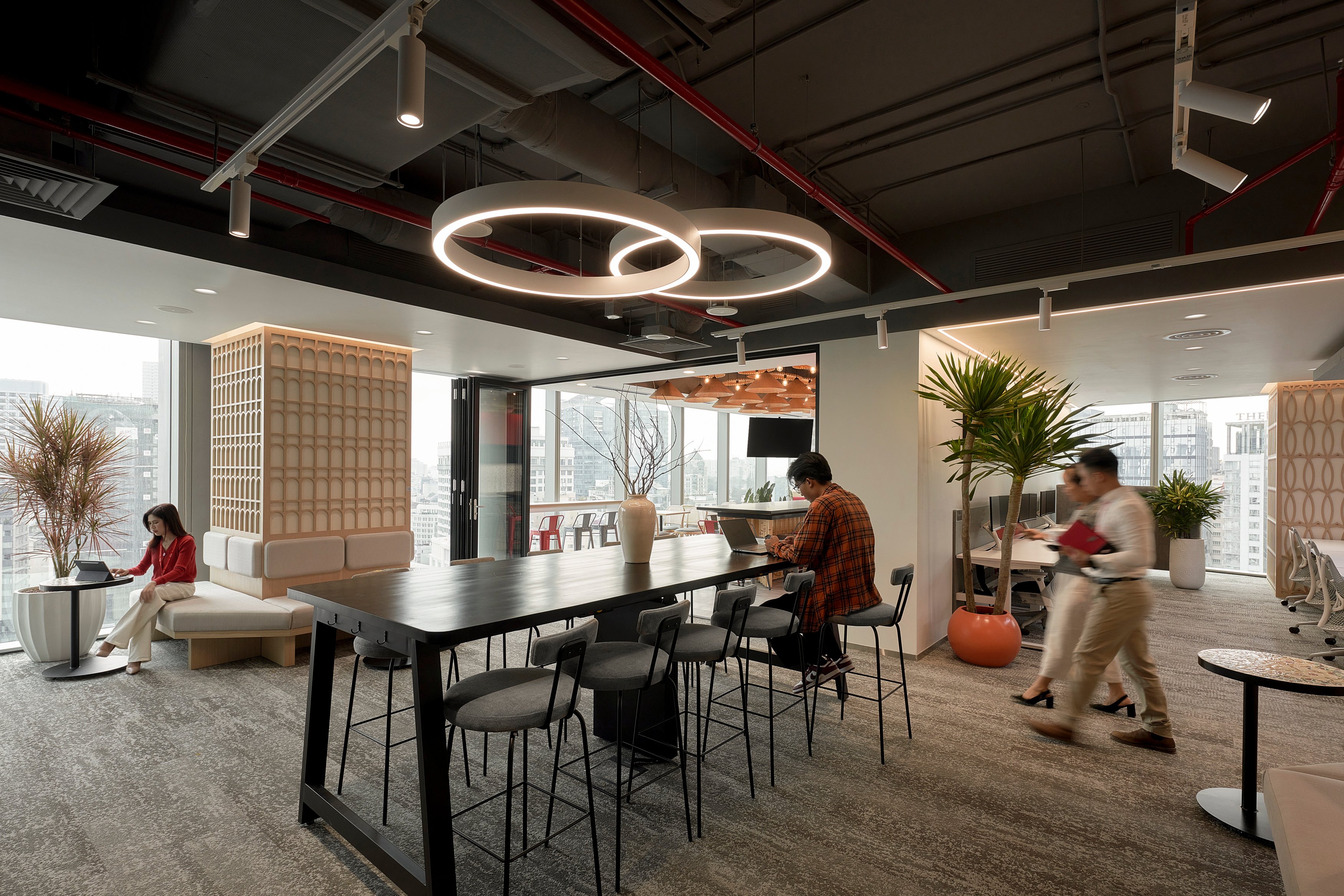From Blueprint to Breakthrough: How India’s AI-Driven Labs Are Raising the Global Bar | Swatasiddha Majumdar Speaks to BioSpectrum

India’s life sciences industry is no longer just catching up with global leaders—it’s setting the pace. According to new research from Unispace, a global strategy, design, and construction specialist, Indian laboratories are among the most adaptable and technologically prepared in the world.
The findings are striking: 66% of Indian life sciences leaders consider their labs highly adaptable, compared to the global average of 56%. 65% say their facilities are ready to integrate new technologies, outperforming peers in mature markets like the US, UK, and Switzerland. For Swatasiddha Majumdar, Principal Strategy at Unispace, these figures reflect a deeper transformation in how India perceives and builds scientific workspaces.
“This isn’t about betting on India—it’s about following the evidence,” says Majumdar. “India’s labs are no longer static spaces; they’re dynamic platforms for innovation, collaboration, and talent retention.”
Three Forces Reshaping India’s Lab Infrastructure
Majumdar identifies three interconnected trends driving the evolution of India’s laboratories:
-
Modular and Flexible Design – Mobile benches, movable workstations, and reconfigurable layouts are becoming the norm. This flexibility reduces capital expenditure while enabling labs to adapt quickly to shifting research priorities.
-
Collaborative, Cross-Functional Spaces – Over 80% of Indian lab leaders say their facilities promote cross-disciplinary teamwork. Open-plan layouts and shared work zones are breaking down silos and accelerating innovation cycles.
-
Rapid Uptake of AI and Digital Technologies – From digital twins for virtual layout simulations to IoT sensors monitoring air quality and equipment performance in real time, Indian labs are embedding intelligence into infrastructure. AI is now being used to analyse datasets, predict experimental outcomes, and shorten research timelines.
Human-Centric Labs: Beyond Functionality
Traditionally, laboratory design has been dominated by technical and functional requirements. Majumdar says that mindset is shifting fast in India, as companies recognise that talent retention and well-being are now competitive differentiators.
Unispace’s research shows:
- 57% of Indian leaders consider rest and recharge spaces essential (versus 52% globally).
- Nearly half now prioritise inclusive and accessible design to support a diverse workforce.
- Natural light, biophilic design elements, acoustic optimisation, and thoughtful zoning are increasingly standard.
“You can’t achieve world-class science without taking care of the scientists,” Majumdar notes. “Well-designed labs reduce fatigue, enhance focus, and create an environment where people want to stay and contribute.”
 Boston Scientific, Madrid, Spain
Boston Scientific, Madrid, Spain
Sustainability as Strategy, Not Slogan
Sustainability has moved from a corporate checkbox to a core business driver. 46% of global leaders rank sustainability among their top three design factors, with Indian labs increasingly incorporating:
- Smart energy systems, including motion-sensor lighting and high-efficiency HVAC
- Solar power as a stable and green energy source
- Water conservation and recycling systems, critical for pharma and biotech
- Locally sourced, eco-friendly construction materials to reduce carbon impact
The 2025–2027 Roadmap
Looking ahead, Unispace aims to be the partner of choice for organisations co-developing next-generation lab infrastructure. This means:
- Integrating AI, digital twins, and immersive technologies into design from day one
- Scaling modular and sustainable builds for long-term adaptability
- Bridging collaboration gaps across dispersed R&D teams without compromising budgets
- Designing labs that are not just fit for purpose today, but ready for the unknowns of tomorrow
“With the right design thinking, we can overcome budget and collaboration challenges. India’s labs are not just keeping up with global innovation—they’re shaping it.”
In a world where science is moving faster than ever, India’s ability to combine adaptability, technology, sustainability, and human-centric thinking in lab design could be its strongest competitive advantage.

A global healthcare client in Bangalore, India



About Swatasiddha Majumdar, Principal, Strategy, India

Swatasiddha Majumdar is the Principal, Strategy at Unispace India, a global design and build firm that specializes in workplace strategy, design, project management, and construction. With over two decades of professional experience, Swatasiddha leads the strategic initiatives at Unispace, where he focuses on architecture, workplace strategy, and project integration management.
He holds a Bachelor of Architecture & Planning from the Indian Institute of Technology, Roorkee (1996-2001) & Postgraduate in Advanced Programme in Product Marketing from Indian Institute of Management, Calcutta.
Follow Swatasiddha Majumdar on LinkedIn.




